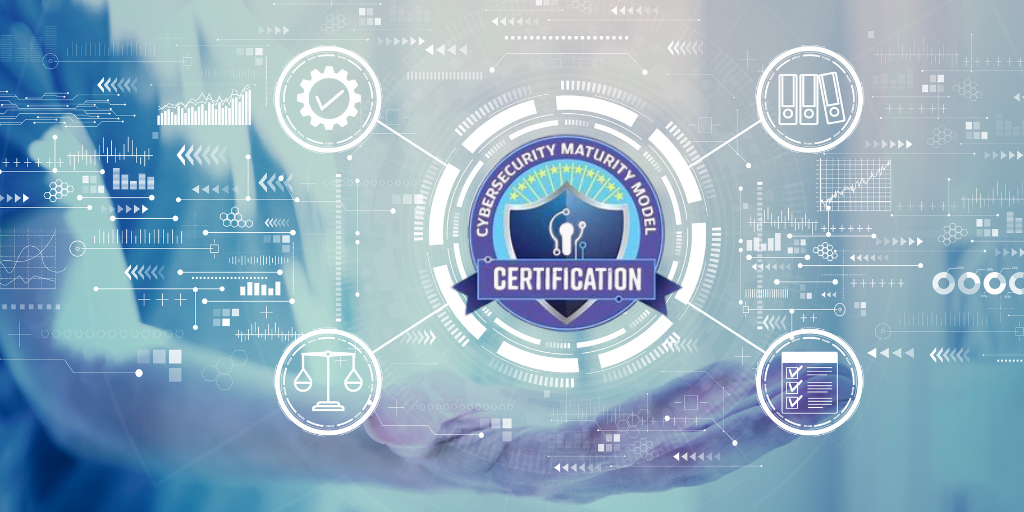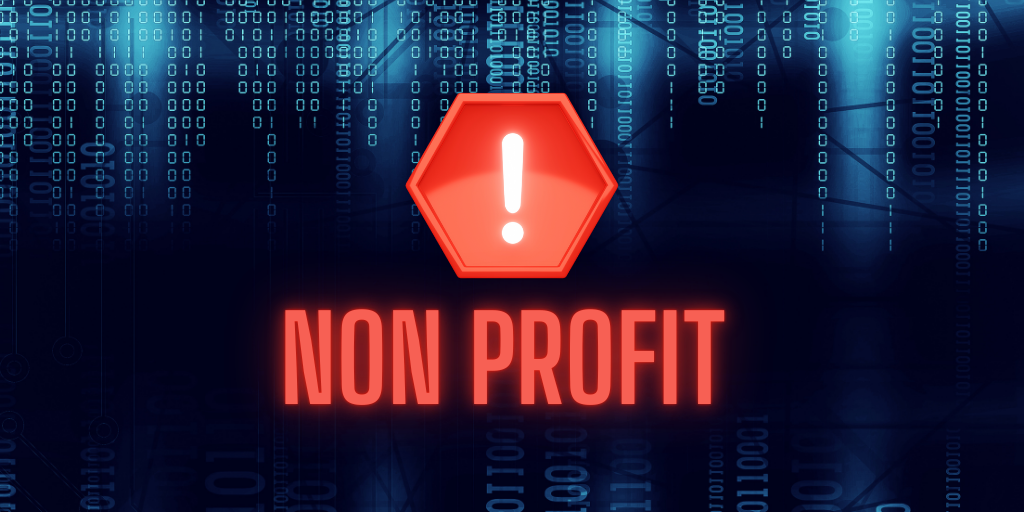The Importance of Threat Intelligence Reports for Businesses
In an era of constantly evolving cyber threats, threat intelligence reports have become essential for businesses seeking to protect their digital...
3 min read
.jpeg) Michael Markulec
:
Apr 24, 2025 8:51:24 AM
Michael Markulec
:
Apr 24, 2025 8:51:24 AM

In an era of constantly evolving cyber threats, threat intelligence reports have become essential for businesses seeking to protect their digital assets and maintain customer trust.
Threat intelligence is a comprehensive process involving systematic gathering, detailed analysis, and thorough interpretation of information related to potential cyber threats. This process is designed to equip organizations with the necessary insights to defend themselves against cyber threats effectively. It functions like an 'early warning system' for cyberattacks, providing businesses with the foresight needed to take proactive measures. These measures can include implementing advanced security protocols, updating existing defenses, and training staff to recognize and respond to potential threats, all aimed at preventing or significantly mitigating the impact of cyberattacks.
By gaining a deep understanding of the landscape of potential threats, businesses are better positioned to prepare for and respond to incidents promptly and efficiently. This preparation reduces the immediate impact of cyberattacks and helps minimize long-term damage to the organization’s reputation and financial standing. This proactive approach is particularly crucial in an age where cybersecurity threats are becoming more frequent and growing in sophistication and complexity. As cybercriminals continue to develop more advanced techniques, threat intelligence becomes increasingly vital in ensuring that businesses remain one step ahead in the ongoing battle against cybercrime.
Incorporating threat intelligence reports into your cybersecurity strategy offers numerous benefits that can significantly enhance your organization's security. First and foremost, these reports provide actionable insights crucial for identifying and mitigating risks before they can escalate into full-blown attacks. Organizations can pinpoint vulnerabilities within their systems by analyzing data on potential threats and take preemptive measures to address them, reducing the likelihood of a successful cyberattack. This proactive approach not only helps safeguard sensitive information but also ensures the continuity of business operations.
Additionally, threat intelligence reports are vital in helping organizations stay compliant with industry regulations and standards. Failing to adhere to these standards in today's regulatory environment can result in severe legal and financial penalties. By leveraging the insights threat intelligence provides, businesses can ensure that their security measures align with the latest compliance requirements, avoiding costly fines and reputational damage.
Moreover, these reports contribute to building a more robust security posture, enhancing customer trust and loyalty. In an age where data breaches are increasingly common, customers are more concerned than ever about the security of their personal information. By demonstrating a commitment to cybersecurity through threat intelligence, organizations can reassure their customers that their data is being protected with the highest level of diligence. This fosters trust and strengthens customer relationships, ultimately leading to increased customer retention and brand loyalty.
Threat intelligence reports enhance cybersecurity strategies by providing timely and relevant information about emerging threats. These reports are meticulously compiled from various sources, including open-source intelligence, social media, dark web monitoring, and proprietary data feeds, ensuring that the information is comprehensive and up-to-date. This wealth of information allows security teams to prioritize their efforts and allocate resources more efficiently, focusing on the most pressing threats that could impact their organization. By having access to such detailed insights, security teams can make informed decisions about where to direct their attention, whether reinforcing defenses against a specific type of malware or addressing vulnerabilities that cybercriminals exploit.
Moreover, these reports can reveal patterns and trends in cyber threats, providing a broader understanding of the threat landscape. By analyzing historical data and identifying recurring tactics, techniques, and procedures used by attackers, organizations can anticipate and prepare for future attacks with greater accuracy. This foresight enables businesses to implement preemptive measures, such as patching known vulnerabilities, updating security protocols, and conducting regular security audits, to fortify their defenses against potential threats. By integrating threat intelligence into their overall strategy, businesses can create more dynamic and adaptive security measures capable of evolving alongside the ever-changing threat environment. This proactive approach enhances the organization's ability to defend against current threats. It positions them to adapt to new challenges swiftly, ensuring a robust and resilient cybersecurity posture.
Effective implementation of threat intelligence involves several best practices crucial for maximizing its benefits and ensuring robust cybersecurity defenses. To begin with, it is essential to conduct a thorough assessment of your organization's specific needs and objectives. This involves understanding the unique risks and vulnerabilities your business faces and the types of threats that are most likely to target your industry. Once these needs are identified, you can select threat intelligence services tailored to address these specific challenges, ensuring that the solutions you choose are both relevant and practical.
In addition to selecting the right services, it is equally important to integrate threat intelligence seamlessly with your existing security infrastructure. This integration should be comprehensive, covering all aspects of your security operations, from firewalls and intrusion detection systems to endpoint protection and network monitoring tools. By doing so, you create a cohesive security ecosystem where threat intelligence can be effectively utilized to enhance your overall defense strategy.
Moreover, regularly updating and reviewing your threat intelligence processes is essential to keeping pace with the rapidly evolving threat landscape. Cyber threats are constantly changing, with new tactics and techniques emerging frequently. So, it is very important to ensure your threat intelligence capabilities are continually refined and updated to reflect the latest developments. This may involve incorporating new data sources, adopting advanced analytical tools, and revising your threat detection and response protocols to stay ahead of potential threats.
Finally, investing in training and development for your security team is crucial. Please ensure that your team members are not only familiar with the threat intelligence tools and reports but are also skilled in interpreting and acting on the information they provide. This includes understanding how to prioritize threats, make informed decisions about risk mitigation, and implement appropriate security measures. Equipping your team with the necessary knowledge and skills empowers them to effectively leverage threat intelligence to protect your organization from cyber threats, ultimately strengthening your overall cybersecurity posture.

In an era of constantly evolving cyber threats, threat intelligence reports have become essential for businesses seeking to protect their digital...

Navigating the complex landscape of CMMC compliance can be a daunting task for small businesses, but with the right strategies, achieving and...

In an increasingly digital world, non-profits are prime targets for cyber threats. You can just discover how a Virtual CISO can protect your...